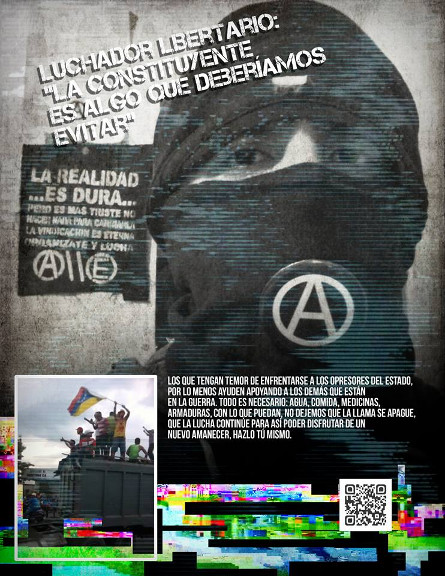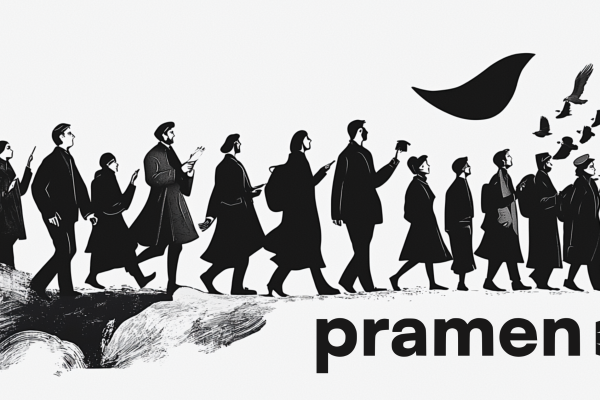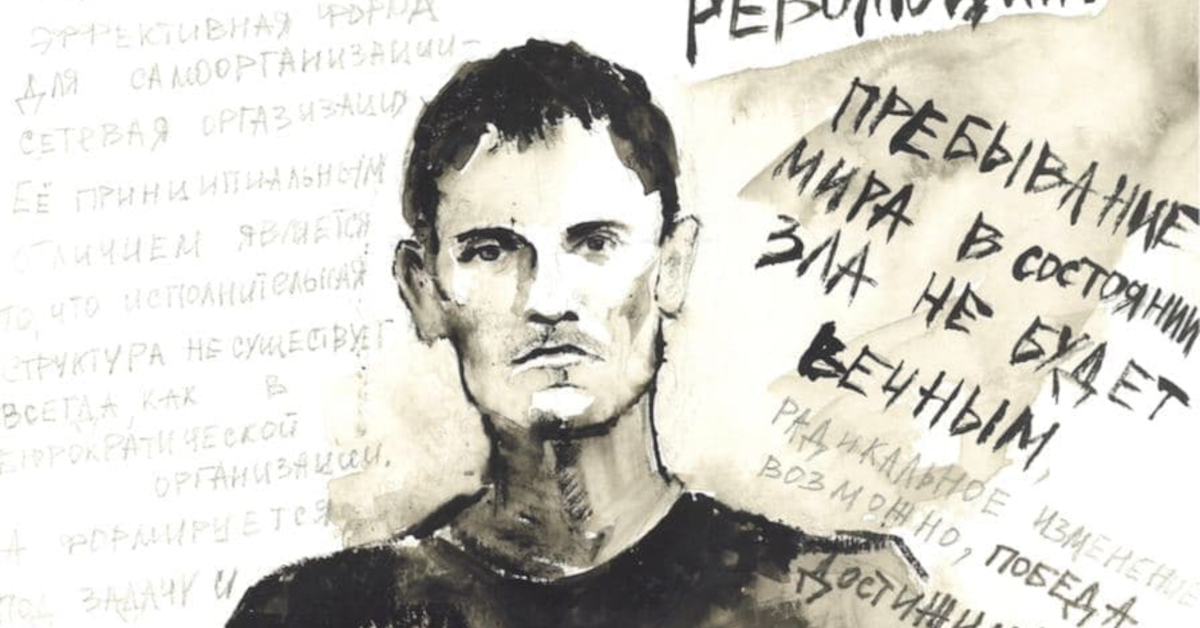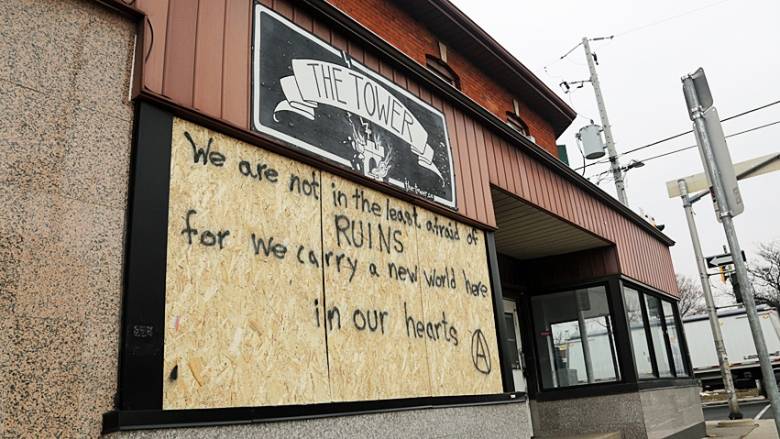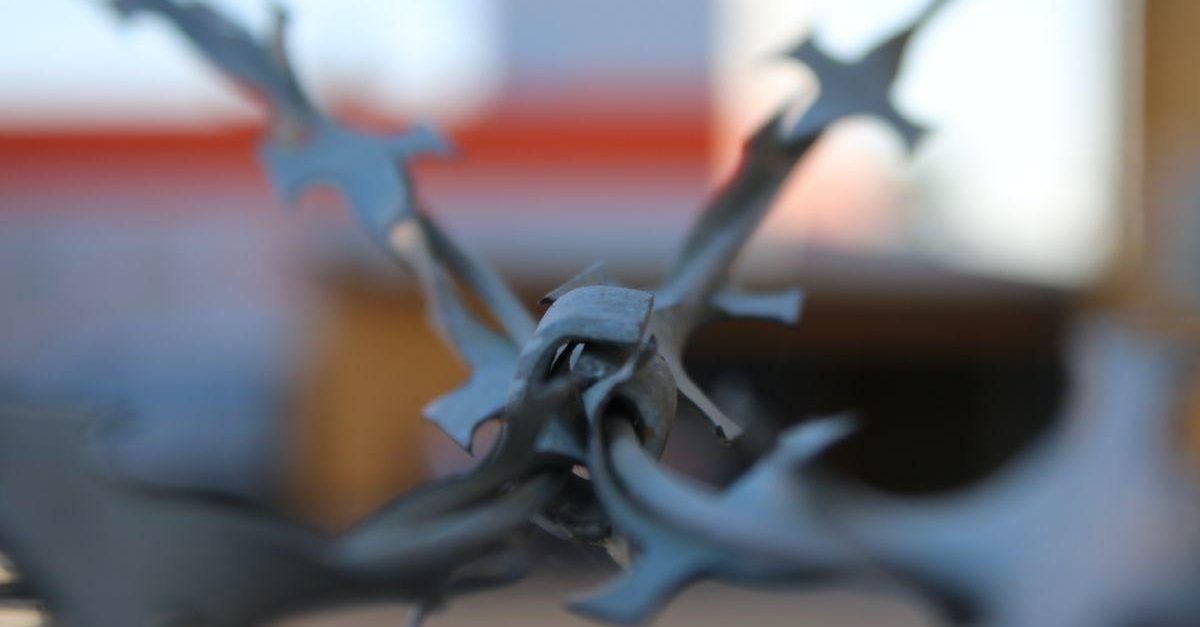Beginning on April 4, 2017, a popular rebellion has been developing against the dictatorship of Nicolás Maduro. We’ll shortly be sending out a series of interviews with compañeros/as who have been detained and tortured for protesting. We appreciate the translation and dissemination of these interviews in other languages.
In April, one of our comrades in Cagia was arrested in Cagua for participating in community defense against the attacks from the Bolivarian National Guard and the Araguan Police (PoliAragua). In order to safeguard his physical well-being, we’ll use the name Libertarian Fighter here.
We spoke with him after he came out of detention. At present he’s well physically and in good spirits. In this interview he talks about his month-long detention and what position anarchists should take on the popular rebellion.
-To begin with, what led to your detention?
They arrested me on Monday April 24 around 8:00 pm. We were ambushed by the Araguan police. The demonstration began with complete calm. It was a sit-in, in which the people had been blocking an intersection since 6:00 am. The GNB and PoliAragua had been there since quite early watching to see if we were making a disturbance. They moved on us around 6:00 pm after we moved from the intersection to the entrance of Cagua. Suddenly a GNB truck arrived and anti-riot police spewed out of it. That was when they started to threaten us and fire tear gas shells at us. We didn’t back down, and confronted them.
You couldn’t see the street because of all the tear gas they had fired. Then things became more violent. They began not only launching tear gas at us, but brought in motorcycle cops. We saw them drag off, on the other side of a bridge over a canal, a woman by the hair.
I crossed the canal and found myself facing a wall of police. There was no way out, and instead of surrendering I launched myself against them, arms crossed in front of me [presumably to ward off blows to the head], and took off running.
I was escaping when they found me, grabbed me, and began beating me as I tried to defend myself. They threw me down, and when I rose, I struck them as I could until I could no longer fight.
One of them then said, “We’re going to throw you from the bridge, asshole.”
They took my i.d. and cell phone and forced me to sit on the sidewalk until a policewoman arrived. She spoke by radio and then told them to handcuff me and take me where she directed.
They let the other detained demonstrators go then. I was the only one they hauled off.
Then more detained demonstrators arrived, two of them badly beaten, one so badly that he couldn’t eat for three days after because of facial injuries.
They then took us to the command post without notifying our relatives, but someone saw them do it .
They gave us a few more blows, and then hauled us off.
We arrived at the central command post, where they led us through a passageway where other cops insulted us and struck us. They took us to an office where they didn’t even give us water, and advised us that we couldn’t have anything before throwing us in a cell three meters long by one-and-a-half meters wide (7 feet X 3.5 feet). There were sixteen people in all in that jail.
They let some of us go that night. Some were public officials’ relatives, others were minors. In the end, 12 were left. The following day they took me and several others to the palace of justice and from there to the other command base where sentence was pronounced.
We remained there another day, and after that took us to the CICPC where they wrote us up. There I heard the charges against us: terrorism, aggravated assault, carrying firearms, resisting arrest, and public disturbance. They produced planted evidence of six liters of gasolune, each liter in a molotov cocktail, rocks, and teargas bombs. They claimed that we had used these to attack a police patrol and to wound several policemen.
But a CICPC investigator I overheard, among those who were going to charging us, said that they knew we weren’t criminals and that maybe we didn’t deserve this and they could let us go without charge. Instead they too us to the new central police command, and then the following day to the palace of justice, but the judge, and they postponed the hearing to the following day. At that point the prosecutor couldn’t provide proof and I asked that we be released on bond. The judge refused and instead and ordered us held for 45 days while the police investigated. I asked where they were going to send us.
This is the third time I’ve had problems with the police. The jails are hell. I talked with the other guys being detained and they said it would be best if we were held at the site where we were originally taken, but they took us to another. When we arrived there, we were greeted by the same cop who had kicked in the face of one of the kids I was arrested with. The cop said, “Look who we have here, the same damn negro who we’re gonna put against a wall today.”
But the commander arrived and said they couldn’t keep u there, and they took us to another police station. When we arrived there they told us they would put us in with others being held on political charges. It was a small cell and barely held the 22 of us. I hadn’t slept since being detained, and I managed a few seconds sleep on my feet, as during all the days I’d been held I hadn’t slept at all. I was super tired.
The following day they opened the cell door and took out the elderly people being held, and so we were finally able to get a little sleep. Finally in the afternoon they opened the cell door and told us that if they found enough locks they might be able to transfer us to another jail where we could get some sleep.
They made a call asking for more locks, and in the evening they took us to a different [larger] cell, and I was finally able to lie down to sleep, until it started to rain in the early morning hours and I awoke to find water all over everything. But I was so tired I went back to sleep sopping wet while lying in a puddle.
Over time, prisoners were being released on bail, so the police had room to make sport with other prisoners. Forty-eight days had passed, when one night a cop arrived at 11:00 pm and said that they were calling Alayon, a prison in Maracay. We asked if they were going to transfer us. He said no, and made a cell phone call, telling us, “You’re lucky I’m here, you vermin from the street. Look at yourselves. I’m going to do you the favor of getting your release papers, because at this hour no clerks will deliver them.
He went and found them, and they allowed us to call our families so they could come and get us. That’s how things ended on a Friday near to midnight.
-How was the time you spent behind bars?
Our familes brought us food in the morning, mid-day, and night. We only had problems with one of the guards; he was always “losing” the food, clothes, toilet paper or other things sent to us, or the sunshade for visits on Saturdays.
For bathing, they brought in tubs twice a week and opened up the taps. We didn’t have a bathroom as such. We had to piss in a channel that ran through the patio, and had to shit into bags, so there were mice and cockroaches all over us at night.
-How do you see the protests in Aragua?
The protests in Maracay are true street battles, even though the people are suppressed at times through, I suppose, fear or fatigue. But they haven’t stopped. It’s just that some times are more incendiary than others. In Cagua, things were happening for a time, but they’re quiet now. I think we should take to the streets without asking the stage managers of the [right wing] “opposition.” The people don’t come out without asking one of them first. The day I was detained, I got involved in a discussion with one of them and I said that we were out in the streets for the people, not for some political opportunists. He frowned and then gave me a pat on the back. After letting him know what I thought, I got back out into the demonstration.
What do you think of the young people in the resistance and what they’re demonstrating?
The young people in the resistance, especially those on the front lines of the protests, aren’t with the political bands. They just want better living conditions, even thought they don’t seem to be able to articulate it. They want out from under the present government, but don’t seem to know what they want after that. Clearly, there are others who have political consciousness, but that’s yet to come to the rest, [and it’s necessary that it does] to avoid other authoritarians to come.
-What brought you to participate in the popular rebellion?
I came out to protest because of the fact that everything, wherever you look, is being destroyed in this [Bolivarian] process. Things we’ve already forgotten, like the water we bathe in should be clean, not mixed with polluted water. We get sick and there’s no medicine. Things are dangerous in the streets, day by day we’re threatened on all sides, by those who would kill us for our phones or for having nothing they could rob from us. Friends of mine have been killed by criminals; they shot one of my friends in the face. My family has left the country. People have to deal with this crap every single day as they go out to get food, or go to school, or buy medicine [if they can find it], or rent a place to live. But you can’t afford everything, not on normal wages. You always have to have a second income, and even if you can find work, much of it is very exploitative. Do you still want to know my reasons?
-Well then, is it worth the trouble?
I think protesting is worthwhile. It’s necessary to show that we’re discontented, even though more people will die. I don’t want the government to remain in power and I’d give my life to see them fall, to provide a better future for my family, my friends, for the good people who remain and shouldn’t have to put up with all this.
-What do you think of the silence of the anarchists?
I think that in this life, no matter if you know a lot about anarchism, if you don’t do something to change things, even a little, you shouldn’t call yourself an anarchist. If you only whine on the Internet about the “oppressive system” and don’t do anything, it’s better to just shut up.
-How do you see the Constituent Assembly?
I believe that the constituent assembly is one of the craziest things they can do, even though there’s no limit to their craziness. The constituent assembly is very dangerous, because it will remove all limits on their [Maduro’s] power. We should try to stop it, because it could be the end of everything.
-Finally, what can you say to anarchists and other politically minded people?
To all my comrades in struggle, I want to say thank you for coming out every day and risking everything. You’re very valiant. But they’re lacking the organization to ensure a good outcome. Organize, struggle, spread [ideas and projects]. Don’t let them destroy us. Do something to change this reality. An embrace for all of you who’ve come out to show your faces. Take care of yourselves.
Those who have fear of confronting the state’s oppressors, at least help those who are. Everything is needed: water, food, medicine, protective gear, whatever you can give. Don’t let the flame go out. Keep the struggle going so that we can enjoy a new dawn. Make it happen.
